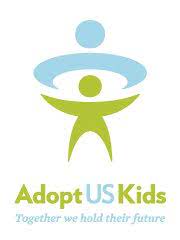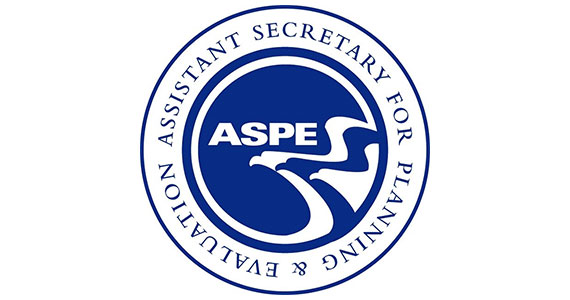Today’s technology is an important tool that can help safeguard families living in difficult or sometimes violent life situations, as well as the professional staff who work to protect families in vulnerable situations. CCWIS Functionality The automated functionality of the … Read More
Interdisciplinary

Brief Addresses Secondary Traumatic Stress in the Workforce
The Quality Improvement Center for Workforce Development (QIC-WD), a multisite child welfare workforce research grant funded by the Children’s Bureau, developed Secondary Traumatic Stress: Definitions, Measures, Predictors, and Interventions, a resource focused on the emotional duress associated with and often considered … Read More

Prosocial Peers as Risk, Protective, and Promotive Factors for the Prevention of Delinquency and Drug Use
Risk, protective, and promotive factors are instrumental in predicting and, in some cases, explaining human behavior. In the current study, an attempt was made to determine which of these three functions prosocial peers served with respect their effect on future … Read More

There’s a Place: How Parents Help Their Children Create a Capacity for Playfulness and can it be Sustained across the Lifespan
This article traces the ways that playfulness shifts and grows with the child and with the parent-child dyad. It also speaks to the paradoxical manner in which feeling essential as a parent is both necessary at the beginning of the … Read More

Supporting a Positive Racial Identity for Black, Indigenous, and Other Children of Color in Transracial Placements with White Parents
Part 1: Setting the stage This guide is designed to help parent group leaders facilitate discussions with their groups about their responsibilities as they parent children of color. These discussions will specifically help white parents and caregivers understand their critical … Read More

Supporting the School Readiness and Success of Young African American Boys Project: Reflections on a Culturally Responsive Strength-Based Approach
The Office of Head Start (OHS) is committed to programming that reflects culturally responsive, strength-based practices for ALL children birth to five and their families. Quality programming in Head Start and other early childhood programs incorporates knowledge of and respect … Read More

SNAP Benefits to Change in October: Here’s Who’s Impacted
SNAP recipients need to prepare for some major changes this month. The Supplemental Nutrition Assistance Program benefits low-income Americans and helps them access healthy foods each month. Specific SNAP maximum allotments, deductions and income eligibility change each year in line with the beginning of the … Read More

Coordinating Integrated Prevention Approaches to Serve the Whole Person
OVERVIEW Supporting families and individuals means understanding that their needs are complex, interrelated, and affected by the particular opportunities available in their environments. Integrated service approaches to prevent homelessness or involvement in systems like child welfare may be best positioned … Read More

Case Studies in Supporting Prevention Through Human Services Program Integration
OVERVIEW Human services have an opportunity to build and enhance people’s strengths and resilience by shifting services from responding to crises like eviction to preventing these crises by reducing risk factors, promoting protective factors, and creating the safety and stability … Read More

The Legal Assault on Pregnant People’s Personhood: Unpacking Fetal Personhood
Introduction Fetal personhood is a radical legal doctrine that seeks to endow fertilized eggs, embryos, and fetuses with full rights and legal protections. Fetal personhood directly challenges the rights of women and anyone capable of pregnancy and creates a direct … Read More
